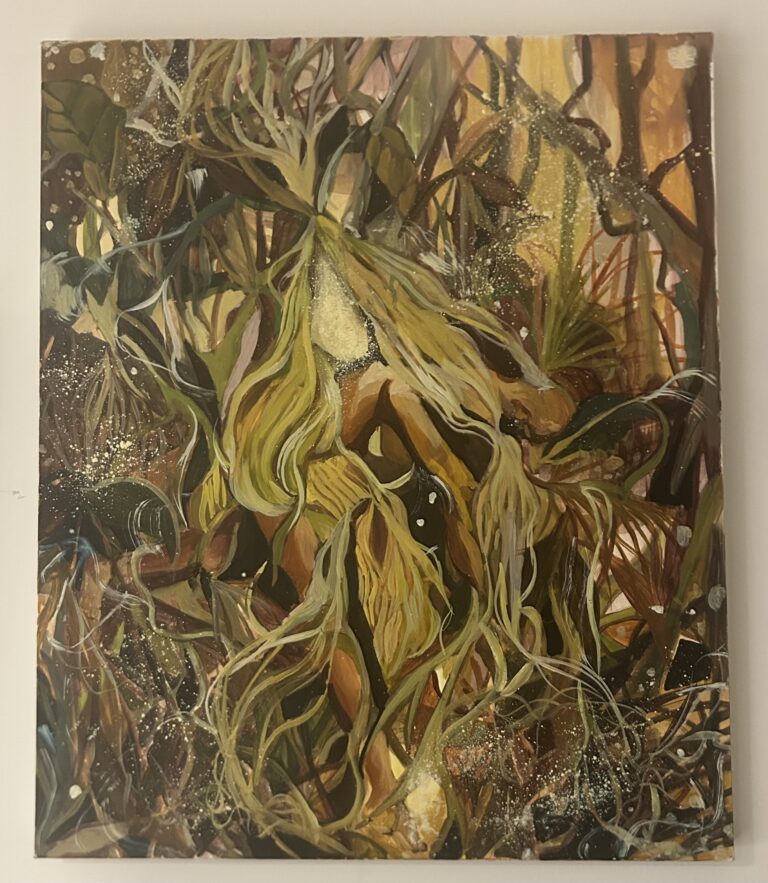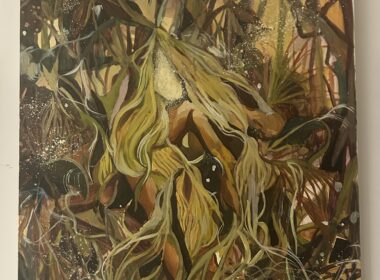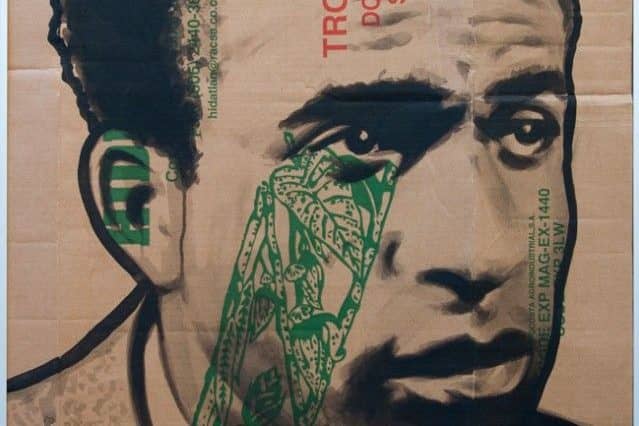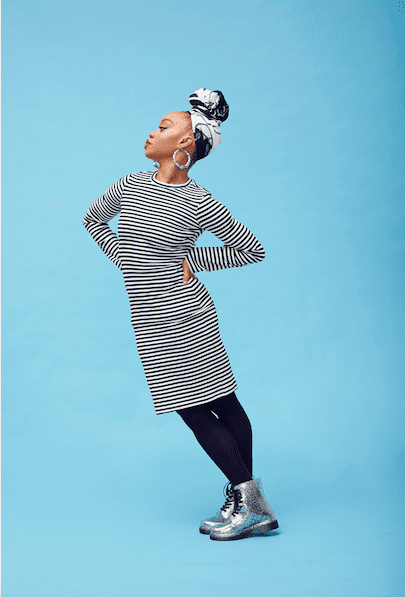Tonia Nneji Highlights PCOS Issues in Her New Exhibition: You May Enter
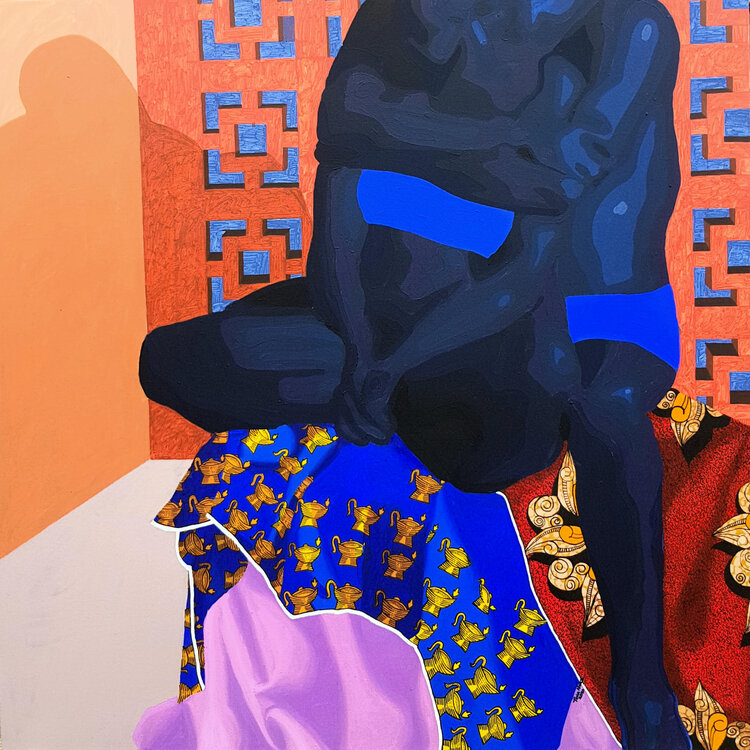
Showing at Rele Gallery in Lagos, Nigeria, is You May Enter, a new body of work and a first solo exhibition by Nigerian artist Tonia Nneji. The exhibition builds on her pre-existing engagement with the female body and the pain and trauma it experiences. For this exhibition, Nneji draws from personal experiences dealing with Polycystic Ovarian Syndrome (PCOS)—a medical condition that causes hormone imbalances among women of reproductive age—and most recently, fibroids.
In You May Enter, the artist presents on brightly colored canvases, subverting traditional notions of pain and trauma as muted, grayed-out melancholic scenes, reflecting her belief that “sadness does not have to be in black and white or grey and brown.” The female subjects in her paintings are placed in various poses of vulnerability, with some of them curled up in fetal positions and others nestled gently in the arms of another. These poses are indicative of the various ways the female body negotiates pain along with the importance of having safe spaces and support systems to provide room healing.
We also see colorful fabrics draped around the figures to reference her exploration of draperies as a “tool of hiding and protection” as well their socioeconomic and religious peculiarities in contemporary Nigerian society. These fabrics are also significant in chronicling her frustration with various modes of treatment, from modern health facilities to more unorthodox, religious alternatives.
In this exhibition, Nneji seems to ask, “What does pain look like? How do we initiate a process of healing? And do we continue to amplify conversations that echo women’s voices and issues?”
You May Enter is both an invitation and permission to confront a tradition of silence and shame.
The exhibition is on view until Nov. 22, 2020.
Zeitz MOCAA Reopens After Lockdown with the Exhibition, Home Is Where the Art Is
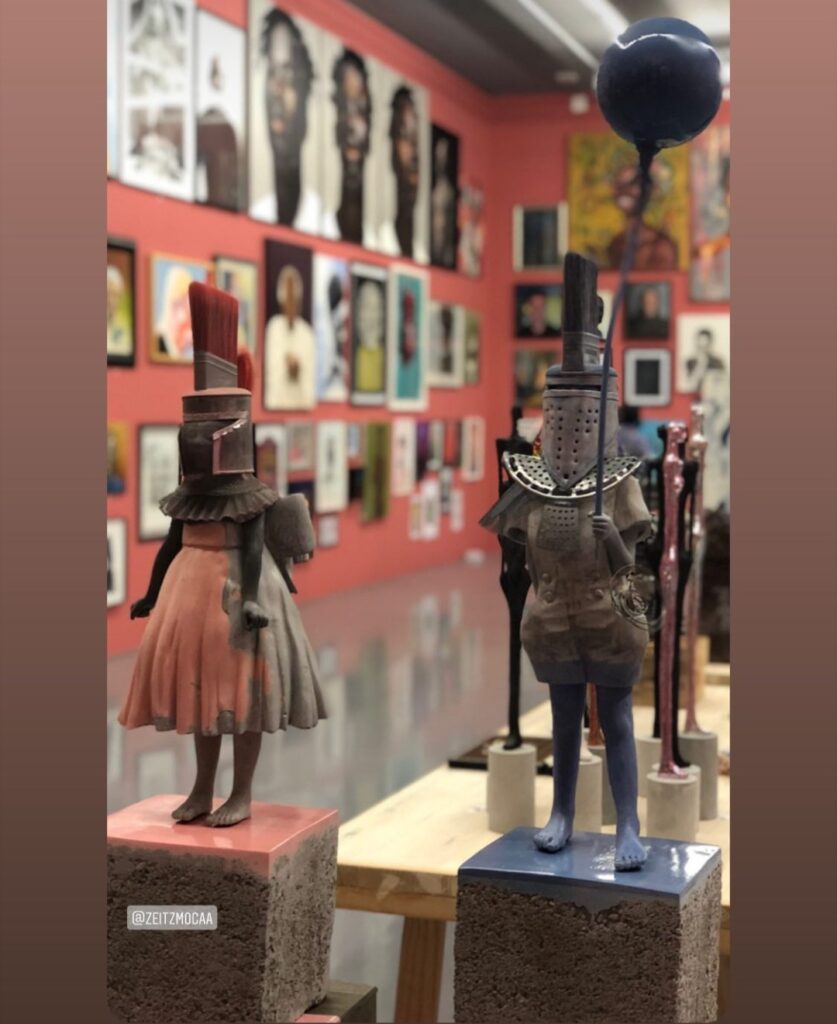
After being closed for more than seven months due to the pandemic crisis, the Zeitz Museum of Contemporary Art Africa on Oct. 22, 2020, reopened its doors with an exhibition titled, Home Is Where the Art Is. This exhibition is an unprecedented democratic celebration of art belonging to and made by the people of Cape Town.
The works were collected through an open submission process, culminating in a group exhibition of about 2,000 artworks, including works and pieces created by children, professional and amateur artists, collectors and others from across the city of Cape Town. The exhibition comes at a pivotal moment as the country emerges from the effects of the lockdown. Hence, the organizers of the exhibition believe that it should be a momentous celebration to revel in art by people in the immediate community where the museum exists.
The exhibition is grouped into five themes, each encompassing literal and metaphoric interpretations: The Garden—which explores the life of plants, growth, cultivation and labor; Outside—encompassing landscapes and public spaces; Inside—including interiors, domestic spaces and inner psychological states; Time—noting the passage and marking of time as well as abstract expressions, and Relations—which celebrates interconnectedness, relationships and communities.
Home is Where the Art Is, a love letter to art, artists and the city of Cape Town is on view at the Zeitz Museum until Jan. 10, 2021.
Kapwani Kiwanga Wins the 2020 Marcel Duchamp Prize
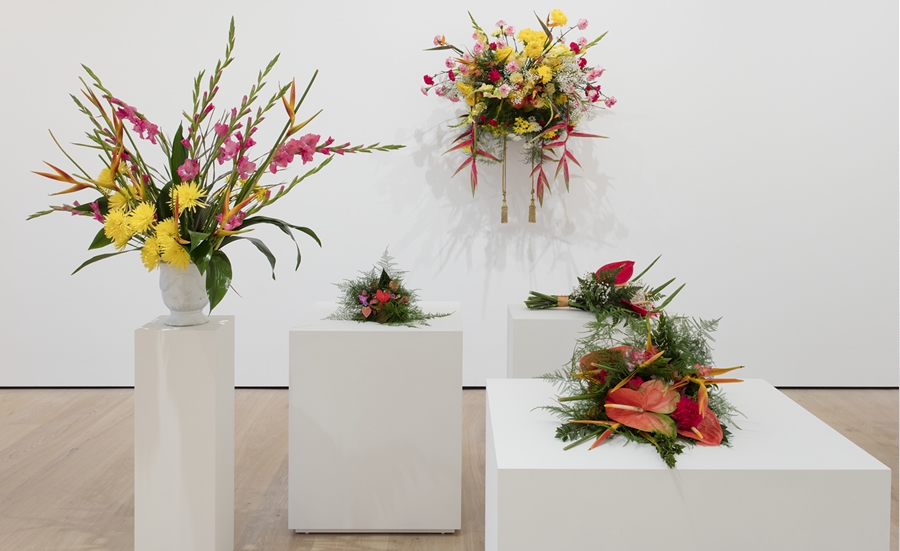
Paris-based Canadian artist Kapwani Kiwanga has been awarded the 20th Marcel Duchamp Prize for her work, Flowers of Africa (2012-ongoing). She was chosen out of four nominees for the 20th edition of the renowned prize, endowed with €35,000 (US $41,335).
Among the submissions from the finalists, Kiwanga’s works, produced from visual archives reflecting the process of independence of each African country, won the jury. Her versatile practice was presented through installations, video, sound and lecture performances. She deliberately blurred the line between truth and fiction in order to disturb dominating narratives.
Afrofuturism, anti-colonial struggle and its memory, belief systems, vernacular and popular culture are some of the themes which inspire her practice. In combining botany and history, Kiwanga succeeds in designing floral arrangements in honor of those observed in these video archives. No longer intervening after their disposal, Kiwanga leaves to time the care of withering these flowers, true metaphors of memory.
In 2018, she won the Frieze Artist Award and the Sobey Prize.
The selection jury was comprised of Bernard Blistène (director of the Musée national d’art moderne, Centre Pompidou), Chris Dercon (president of the Réunion des Musées Nationaux-Grand Palais), Gilles Fuchs (president of the ADIAF and collector), Michèle Guyot-Roze (vice president of the Hippocrene Foundation and collector), Gitte Ørskou (director of the Moderna Museet in Stockholm), Akemi Shiraha (representative of the Marcel Duchamp Association) and Marie-Cécile Zinsou (president of the Zinsou Foundation and collector).
The works of the four nominees will be on view at Centre Pompidou, Paris until March 2021.
Bernardine Evaristo Awarded an Order of the British Empire Distinction
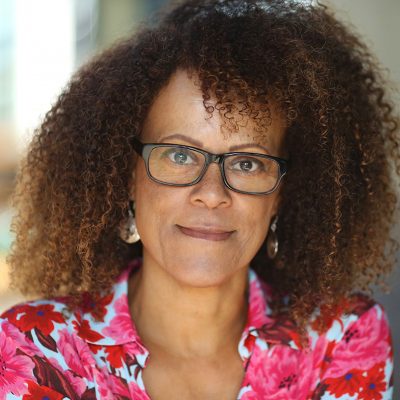
British writer and author Bernardine Evaristo recently has been awarded the second highest Order of the British Empire distinction for her services to literature.
These awards are announced biannually with the Queen’s Honours List, recognizing citizens of the United Kingdom who have made significant contributions to the country in their line of work.
Evaristo was awarded an MBE (Member of the Order of the British Empire), the third highest distinction in 2009 for services to Literature.
In 2019, she won the 2019 Booker Prize for her novel, Girl, Woman, Other.
Nkwo Onwuka and Telfar Clemens Are Nominees of the Beazley Design of the Year Award
African fashion designers Nkwo Onwuka and Telfar Clemens have been nominated in the fashion category of the 2020 Beazley Designs of the year award. The Beazley Designs of the Year exhibition captures the design field’s response to social justice, climate change and coronavirus.
Onwuka, who is from Nigeria, was nominated for her Dakala Cloth, a new African textile that was developed by Lagos-based Nkwo Design Studio to reduce textile waste and to preserve a traditional craft form through a technique that involves stripping and sewing together sections of waste fabric. The Be Us, Be Them collection in the Dakala Cloth series arranges the cloth on to a mesh and into a form that appears like a set of solar panels.
Clemens, who is Liberian-American, was nominated for his colorful, vegan, non-gendered bags and affordable luxury bags, dubbed the Telfar Bag. The Telfar Bag has been called “the accessory of the decade” by Dazed magazine and has become highly coveted.
The bags are available in a wide array of colors and in three sizes. They are priced according to the average earnings of a New York DJ for a single night’s work. These bags represent the brand’s ethos that luxury should be both practical and financially accessible.
Their popularity spread rapidly after the bag was awarded the CFDA/Vogue Fashion Fund in 2017, with restocks and new colors now selling out online in minutes.
Winners will be announced on Nov. 21, 2020.
Billy Monama Launches South Africa Guitar Video Series

South African musician and music researcher Billy Monama, with the support of the National Arts Council of South Africa, has launched a series of online tutorial videos about the history and evolution of South African guitar playing.
The series of workshops is targeted at enthusiasts/beginners, intermediate and advanced musicians with the aim of documenting information and preserving South African’s guitar styles from the 1930s to the late 1980s.
Monama kicked off the project with the launch of the series’ first episode titled, Introduction to South African Guitar Styles Vol. 1, which explores the maskanda guitar and focuses on sub-genres like khuze, isipoyinandi, mzansti, isimpondo and isishiyameni.
Monama, also concerned with the state of music education in South Africa, expressed his desire to see more development and inclusion of local music in the educational syllabus. He believes that his latest work will add to the collective knowledge of music professionals in South Africa
The project aims to be a resource and reference point for teachers, music students, researchers, journalists, and others with hopes of contributing towards a wider sphere of awareness on the unique musical styles in South Africa. This is in hopes that In addition, it hopes to spur more musicians to explore these indigenous sounds, inevitably spreading them to a broader audience beyond South Africa.
Billy Monama is a guitarist, composer and band leader. A self-taught guitarist, he started playing the instrument in 1997, when he came across his neighbor’s own. Since then, Monama has developed into a professional, skilled player with acclaim. He now sees himself as part of the new generation of South African musicians who want to take the music of the African continent to greater heights.
Before embarking on his new project, Monama developed music content and facilitated workshops at Wits University, the University of KwaZulu-Natal, Central Johannesburg College, the University of Pretoria and the Tshwane School of Music.
Compiled by Roli O’tsemaye
